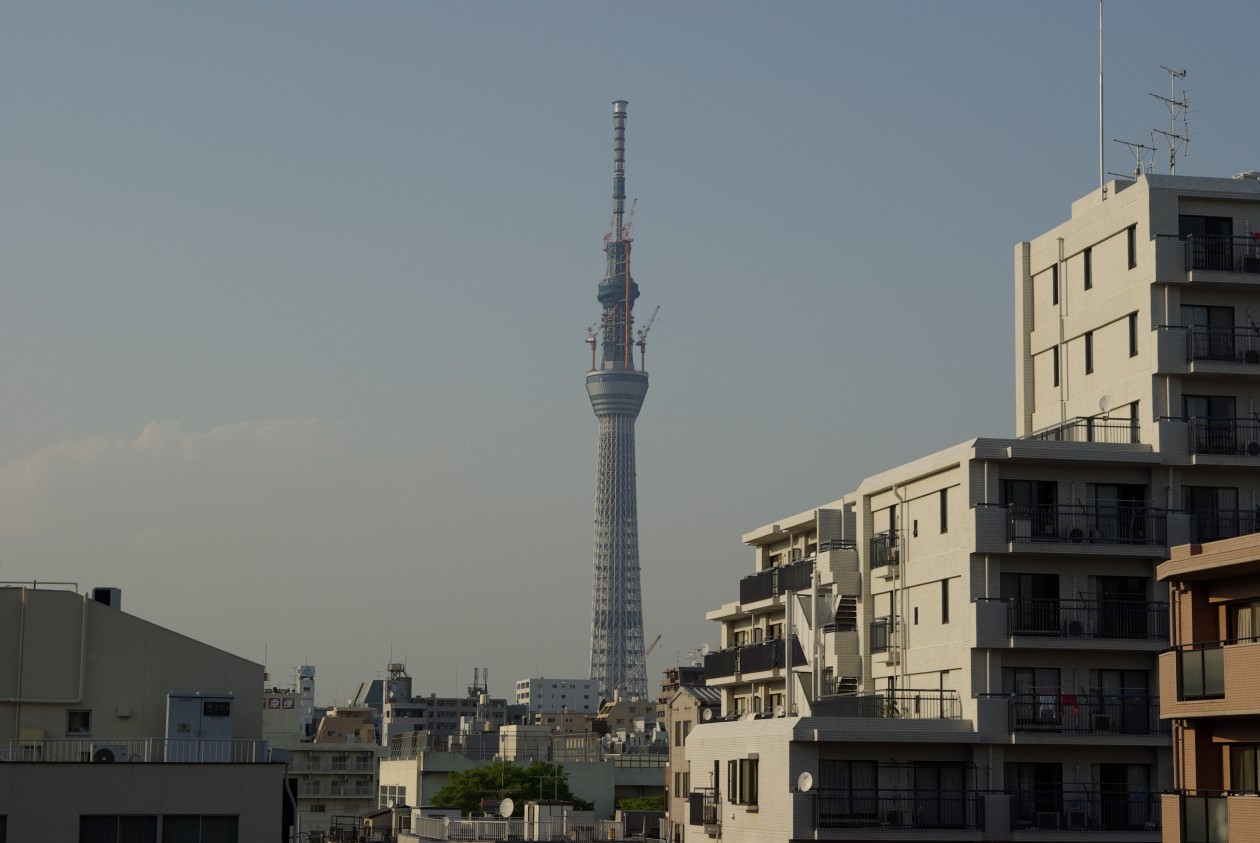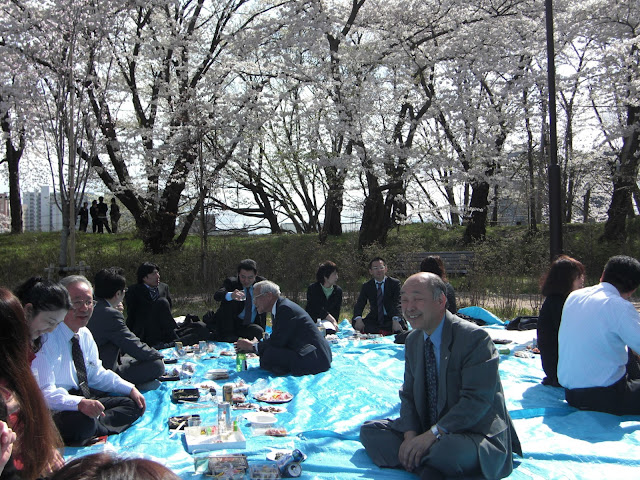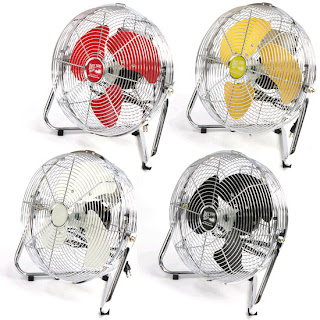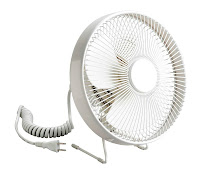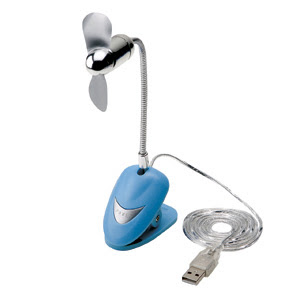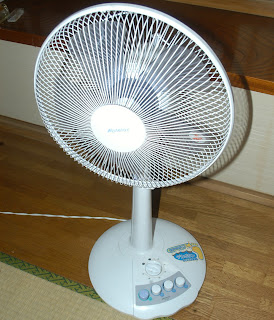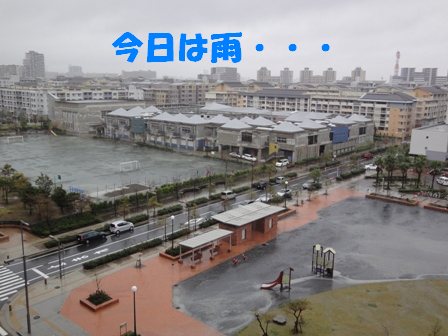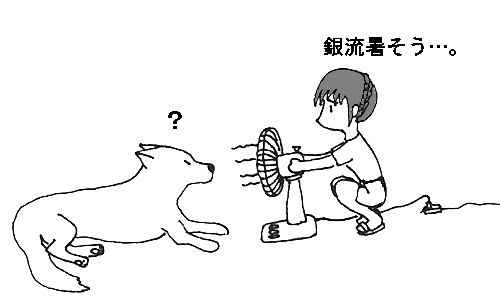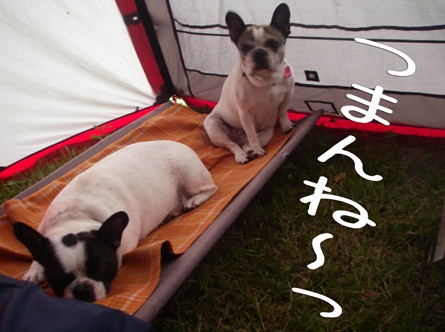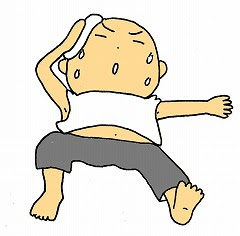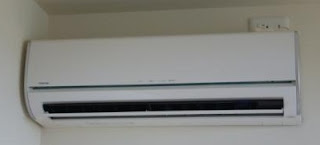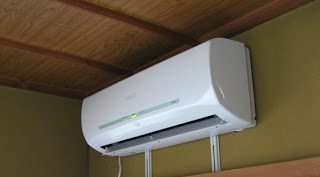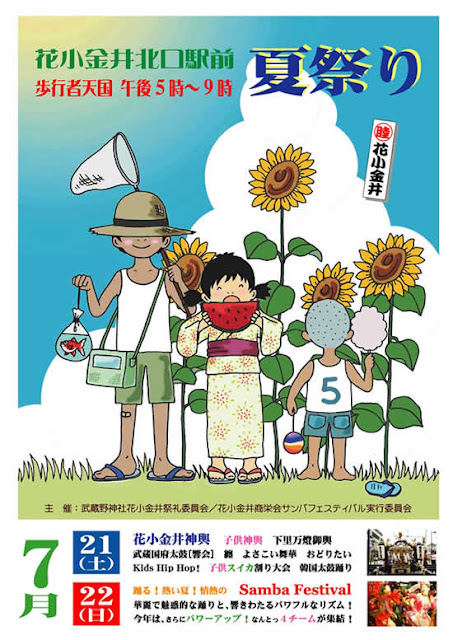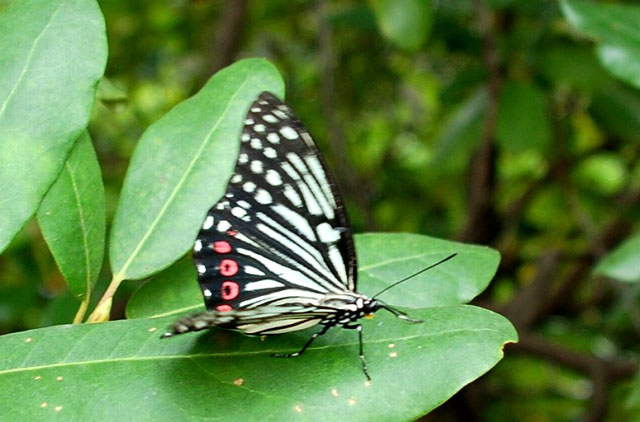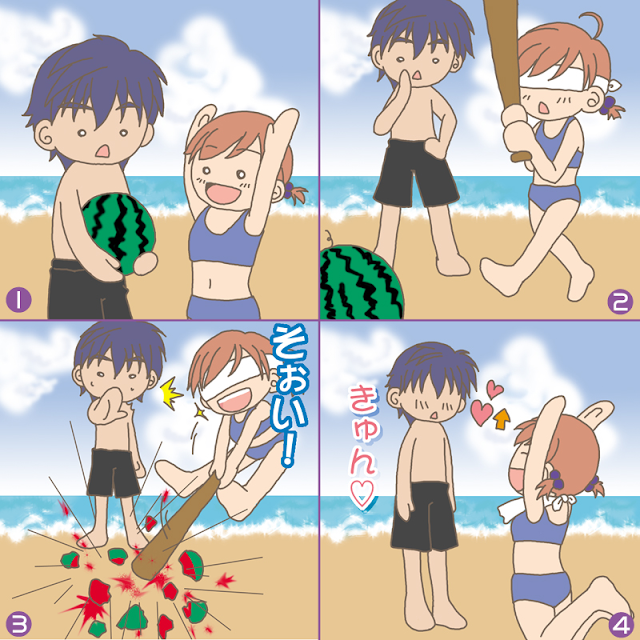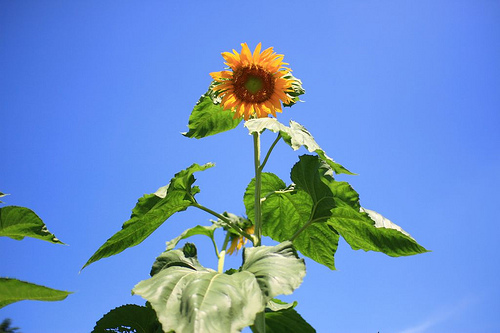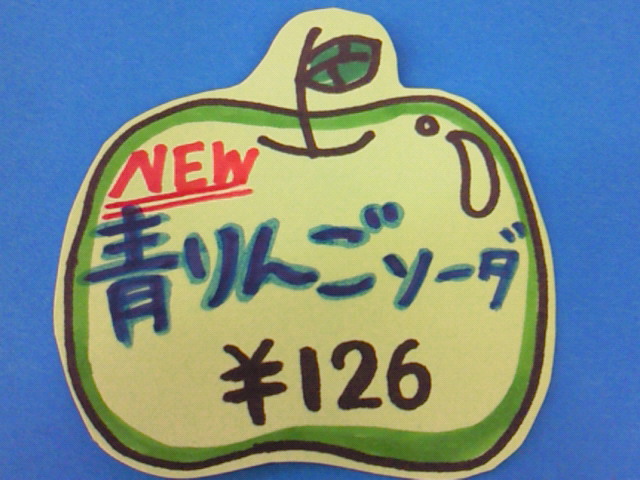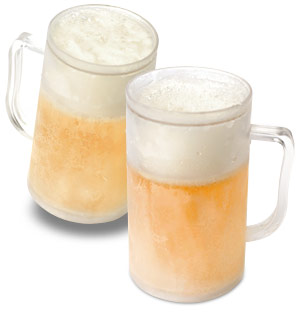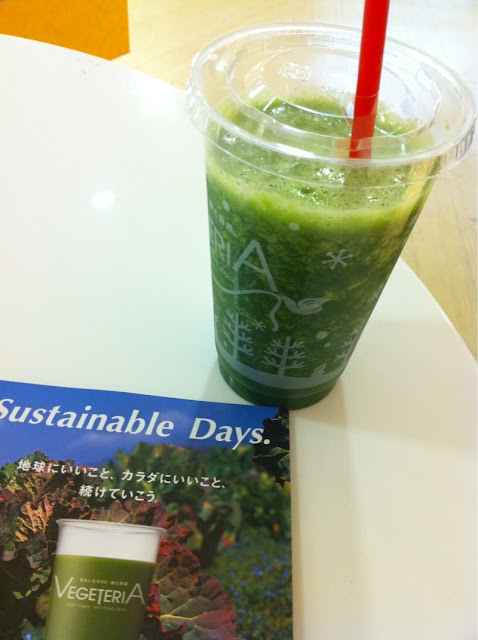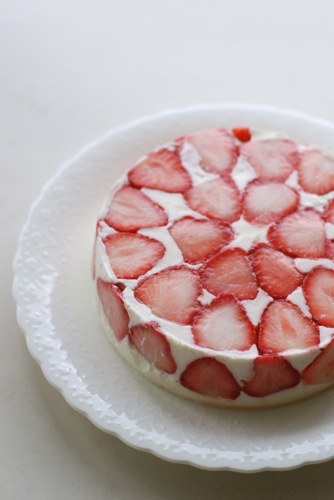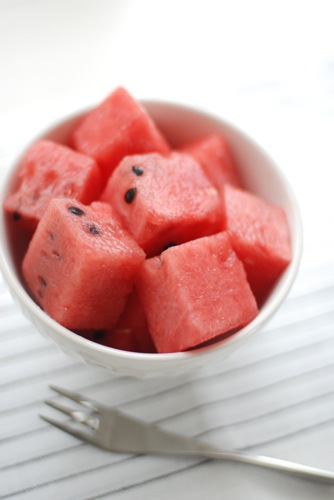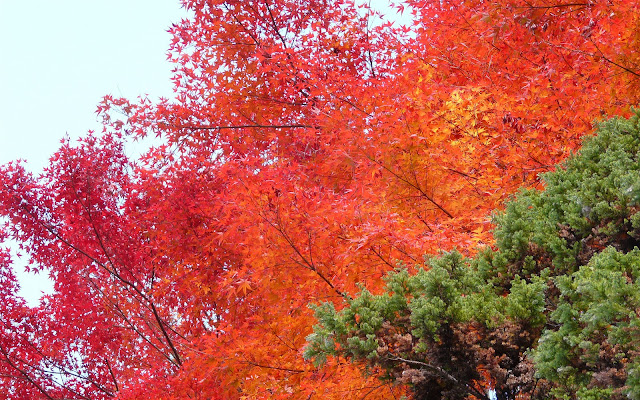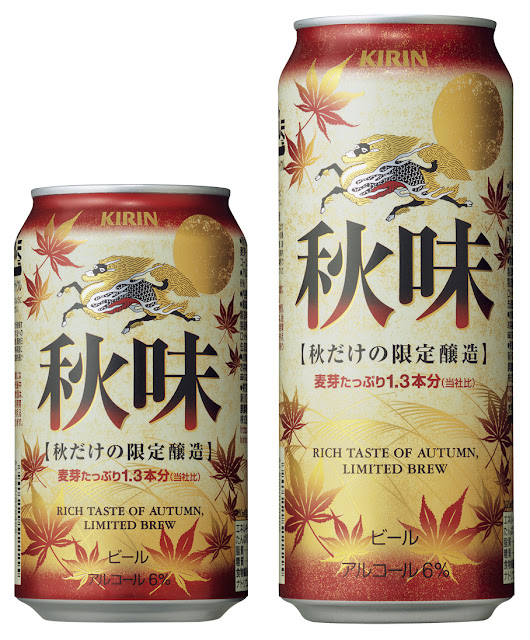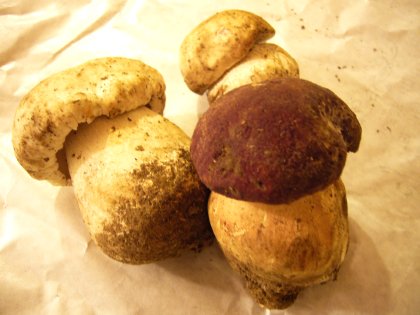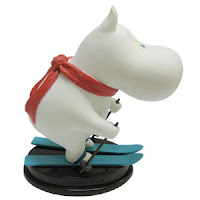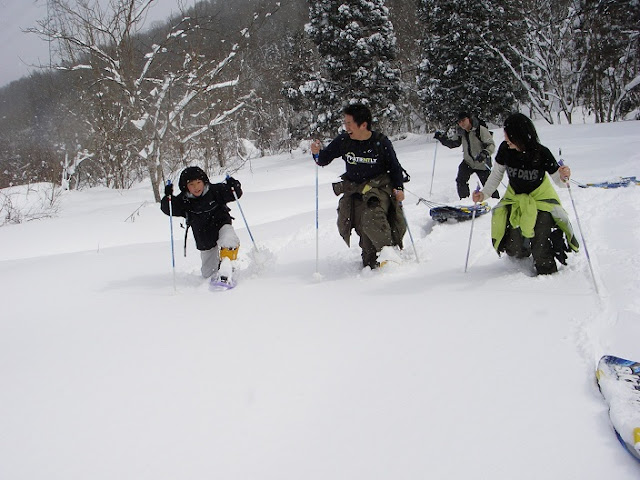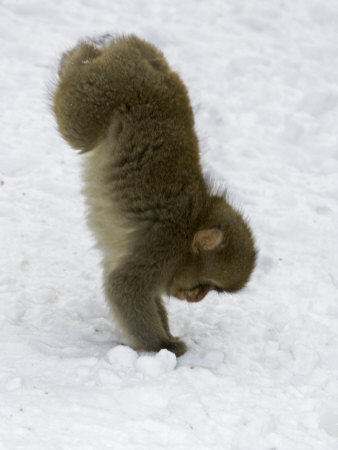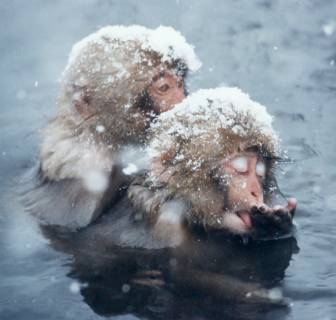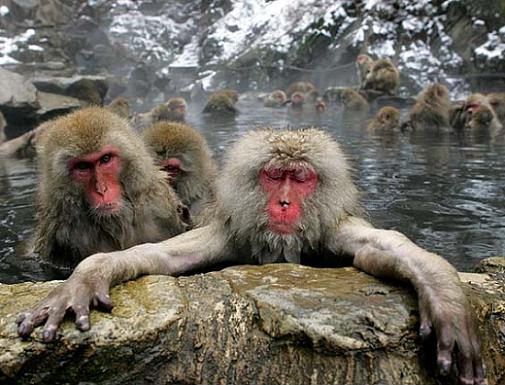Category Archives: Mirai 2-084
Seasons 季節 きせつ kisetsu
Japan has five seasons; they are:
spring
はなが さいています。
The flowers are blooming.
さくらの はなも さいています。
The cherryblossom trees are also flowering.
はなみの きせつです。
It is the season of cherry blossom viewing.
花見 はなみ cherry blossom viewing
はるには よるは すずしいです。
In spring the evenings are cool.
はるには ひるは あたたかいです。
In spring the days are warm.
にほんの さくらは
とても きれいで、ゆうめいです。
The cherry trees in Japan
are very beautiful and famous.
こどもは にわで あそんでいます。
The children are playing in the garden.


The children are playing in the garden.
tsuyu monsoon – rainy season
The rainy season is during the month of June. It rains virtually every day of the month. Of course, one should remember that although the rain may be unpleasant for the people in the cities and the towns, the rain is essential for the farmers and the people who plant the rice. Without water the rice cannot grow.
The kanji for monsoon rain means literally: plum rain. Very poetic.
今日は 雨 きょうは あめ rain today…

まいにち あめが ふります。
Every day it rains.
I should have gone to the supermarket two weeks ago…
The Japanese call this ‘curtain of rain’
ザーザー 雨 or ざーざー あめ
かぜが ふきます。
The wind blows.
It’s that time of the year again…
おこめの きせつです。
It is the season of rice.

お米 おこめ rice
雨 あめ rain
つゆには まいにち あめが ふります。
In the monsoon season it rains everyday.
つゆには よるは すずしいです。
In the monsoon season the evenings are cool.
つゆには ひるは むしあついです。
In the monsoon season the days are muggy.
You so need… (well, if you’re not a greenie…)
扇風機 せんぷうき fan
and more and more people have
エアコン えあこん air-con(ditioning)
and while it’s raining outside, maybe use some d(r)ipping sauce inside? ハハ!
まだ です? Not yet?
summer
A great time for outdoor community festivities and parties!
花火 はなび fireworks
祭り まつり festivals
After work people can go and do:
ハイキング はいきんぐ hiking
海 うみ sea – beach
ラフティング らふてぃんぐ rafting
山登り やまのぼり mountain climbing
サイクリング さいくりんぐ cycling
うみで およいだりします
swimming at the beach etc.
ことり birds
自然 しぜん nature
ちょうちょ butterflies
なつかしい nostalgic
ひまわり sunflower
つめたい レモネード cold lemonade
つめたい サッポロ cold sapporo
yes, Kirin makes great beer too, as does Asahi! Oh, well, put them all in:
つめたい あおりんご ソーダ cold green apple soda
It’s interesting to know that ‘green apples’ in Japan are actually called ‘blue apples’! The kanji reads ‘blue’, but the outline of the apple is green. weird or what?
つめたい ビール cold beer
つめたい ジュース cold juice
つめたい のみもの cold drink
つめたい チーズケーキ cold cheesecake
つめたい パフェ cold parfait
つめたい アイスクリーム cold icecream
つめたい すいか cold watermelon
autumn – fall
もみじ maples
nothing more beautiful than a Japanese autumn
with all its stunning maple trees! a living painting!
絵 え a picture
秋 the kanji for ‘autumn’ shows the ‘fire’ in the tree
コスモス こすもす cosmos
the end of the cosmos season
きのこ Japanese mushrooms
くり chestnuts
あきの おべんとう autumn lunchbox
あきの くだものの ドリンク autumn fruit drink
the changing of the moon

つき
the last colours of the season
the season of the chrysanthemum
the season of the camellia
winter
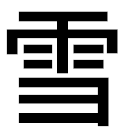 ゆき snow
ゆき snow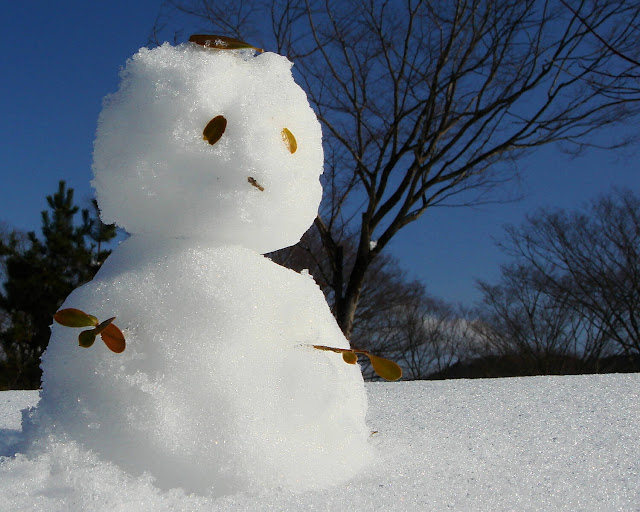
ゆきだるま snowman
かまくら snow hut
particularly in Hokkaido and northern Honshu the winters are long;
daylight is only a few hours and the nights are long and cold.
スキースクール skiing school
スキー skiing
クロスカントリースキー cross-country skiing
しゃしんを とります take photos
so beautiful to look at
not so beautiful, if you need to go to the supermarket and the post office and you
need to change a flat tyre and you lost your mittens and the wind blows and …
And then there are the monkeys…
look, Mum! a flea!
now, come here and pay attention, boy!
soo annoying, those young ones! next, they’ll bring i-pods!
yes, it’s cleared up nicely…
cold feet
I know… I know… such a disappointment.
I’m not sharing my tub with her!
well… then don’t talk.
It was only a joke… just let it go, mate
But then spring comes
and it starts all over again
The sign reads “Aomori City”
Onsen 温泉 おんせん Hotpools
One famous onsen spa high up in the mountains.
The topic of ‘onsen’ is one of some confusion, a lot of interest and quite a lot of misunderstanding. We will try to explain the situation and then you can make up your own mind.
Japan is a volcanic country with a lot of geothermal activity. “In the olden” days villages would have access to an outdoor hot pool and the villagers would make the most of the bathing potential. Hygiene makes you live longer, so to say. As villagers had lived in the same place for many generations and grown up together, the idea of communal bathing was no surprise and certainly wouldn’t have been something unusual.
Many villages in the mountains were surrounded by the most awesome scenery either in summer, or when the mountains were covered with snow in winter. The community looked after the hot pools and it was readily available for everyone. Much, much later in history, when villages became towns and cities, did the local community begin to impose new rules in order to accommodate outsiders, who might be intruding, but who also might bring cash to the place – a useful commodity.
Some towns opted for segregation, others opted for strict supervision, others would opt for separate baths, if there was enough water available to make such decisions. High up in the mountains, where water was at a premium, it wasn’t always possible to segregate as many visitors wouldn’t really come, or they came as house guests of locals and then separating might be a cultural offence. Whatever the situation or the location, or the reason, baths evolved.
But then the “tourist yen” arrived. Lots of yen! An awful lot of yen! Hotels were built, town councils got involved. Hotels organised tourist trips to their own wonderful onsen baths. Locals could afford to have their own private baths at home, so the need for the outdoor public bath was no longer there.
With hotels more strangers arrived. New customs were developed. Modesty rules were imposed. Segregated times were enforced etc.
This town has a lot of geothermal activity, which it advertises, so that tourists come and stay in the hotels that have their own geothermal swimming pools.
Something to be recommended to any visitor to Japan: enjoy an onsen!
Either he loves nature, or he is communicating with nature. Never mind.
Entrance to an onsen pool complex, probably attached to a hotel.
These two so-called ‘noren’, on the left display ‘female’ and on the right ‘male’.
When westerners come to a Japanese onsen they need to adjust to the country, the culture and the situation. It also depends on the age of the visitor. Older, more mature people, or little children, easily fit into the expectations. The strategically placed modesty towel covers a lot.
Usually teenagers give the most trouble, as their own fantasies and insecurities are sprawled all over the entrance. This is a good opportunity to point out that beach wear these days in the western world is often less than flimsy. Somehow the modesty towel is suddenly too little. Utter nonsense. If you have such a teenager to deal with, leave them in the hotel, or send them shopping, or give them a DVD, or iPod or something. Don’t bother with an onsen.
By the way: NEVER wash yourself in the onsen! You only soak in the water. Washing is done earlier and later in the hotel bathroom. Think of it as an outdoor hot swimming pool.
As you can see, this onsen is completely man-made and probably an outdoor architect charged for the display to make the stones look as naturally set as possible.
This onsen even has a modest Roman character. Never mind.
Actually the winter is the best time of the year. As this photo shows, the combination of snow, cold, hot water, outside is amazing!
猿 さる saru monkey (macaque monkey)
And than the monkeys came. There are no millions of monkeys all over Japan ready to hop into a spa pool. Nonsense. One monkey (possibly Mrs Monk – joke) copied human behaviour and took her own baby monkey into the water and discovered the hot water. This was in the province Nagano. Where there is one monkey, there are more.
In that part of Nagano the monkeys have learnt to enter the onsen when humans are not there. The relationship between humans and monkeys is one of respect from a distance. The photo below was taken in a very particular onsen, mid-winter, so the monkey was freezing cold and would have liked to enter the water, but obviously wouldn’t.
When humans come, monkeys retreat. It’s the pecking order. By the way, don’t worry: monkeys are extremely clean.
